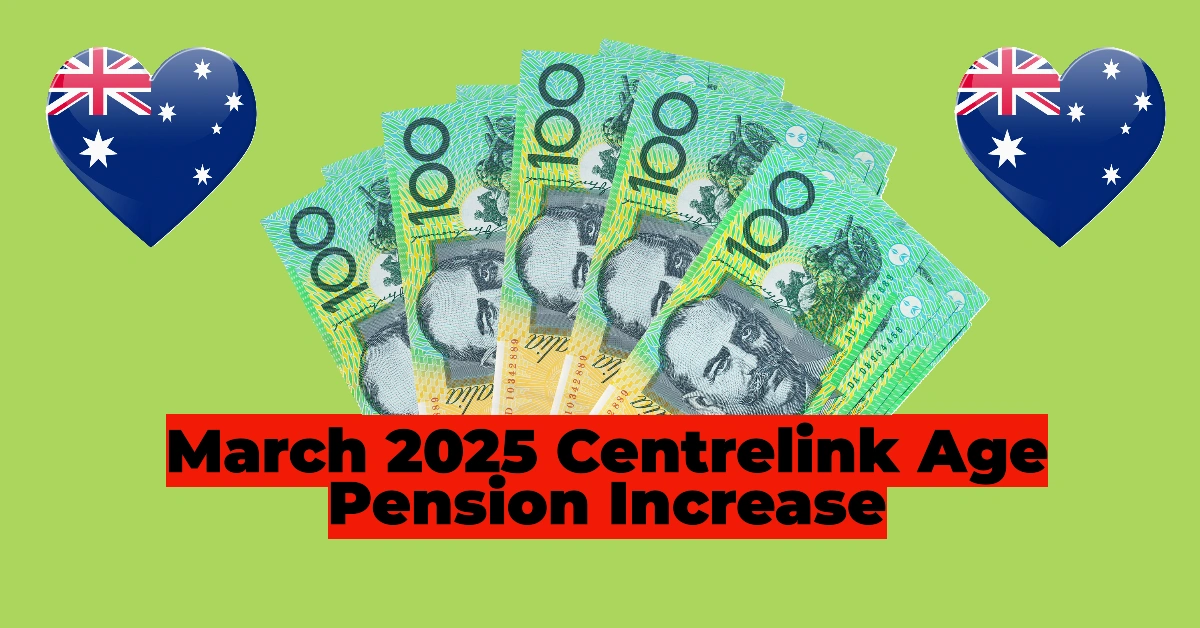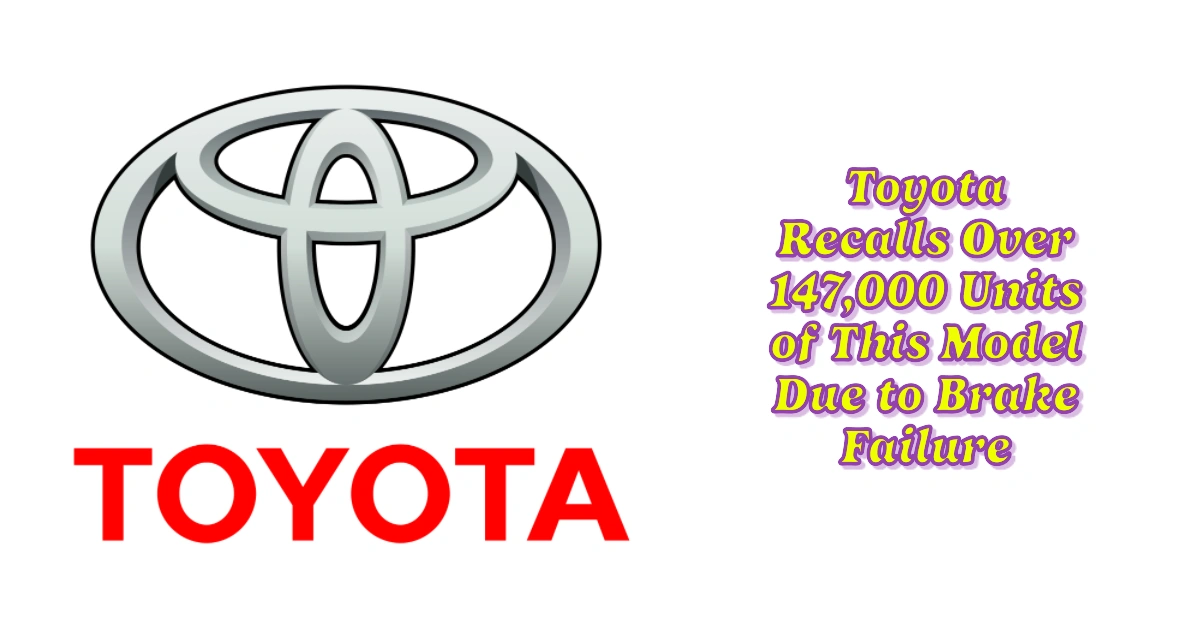Ireland is ushering in a new wave of social welfare, tax, and cost-of-living reforms in 2025 as part of Budget 2025. These changes, set to take effect from January 1, 2025, aim to address rising costs, support low-income families, and incentivize energy efficiency. From enhanced child benefits to reduced taxes, these updates will impact thousands of citizens. Let’s delve into the details of the 12 key changes shaping 2025.
Table of Contents
1. Weekly Social Welfare Payment Increases
To support individuals facing financial challenges, most weekly social welfare payments will rise by €12. This includes proportionate increases for qualified adults and those on reduced rates.
2. Boosts to Family and Child Supports
Families stand to gain significantly from the following changes:
- Parental Benefits: Maternity, Paternity, Adoptive, and Parent’s Benefits will each rise by €15 per week, easing the financial burden on new and expecting parents.
- Child Support Payment:
- Children aged 12 and older: Weekly rate increases by €8, reaching €62.
- Children under 12: Weekly rate increases by €4, totaling €50.
- Newborn Baby Grant: A one-time payment of €280 for children born on or after December 1, 2024, complements the first month’s Child Benefit of €140, offering parents €420 in initial support.
3. Working Family Payment Adjustments
Income thresholds for the Working Family Payment will increase by €60 per week, allowing more low-income families to qualify.
4. Expanded Support for Carers
Carers will benefit from broader eligibility and increased financial assistance:
- Carer’s Benefit: Now available to self-employed individuals, expanding its scope.
- Carer’s Allowance: Qualifies as a payment for the Fuel Allowance, provided all criteria, including the means test, are met.
5. Domiciliary Care Allowance Increase
A monthly €20 increase in the Domiciliary Care Allowance will provide additional support to families caring for children with severe disabilities.
6. Asset Disregard Adjustment for Care Transitions
For individuals moving into care, the asset disregard for selling a home will rise to €337,500. This change benefits recipients of the State Pension (Non-contributory), Disability Allowance, and Blind Pension.
7. Expanded Fuel Allowance Eligibility
Fuel Allowance thresholds will be extended to include individuals aged 66 and older.
- Single Individuals: Threshold increased to €524 per week.
- Couples: Threshold increased to €1,048 per week.
8. Energy Credit for Households
To ease energy costs during winter, all households will receive a €125 energy credit, starting January 1, 2025.
9. Tax-Free Employee Benefits
Employees can now benefit from increased tax-free rewards:
- Maximum exemption for vouchers and non-cash benefits: Raised from €1,000 to €1,500 annually.
- Number of allowable non-cash benefits: Increased from two to five per year.
10. Minimum Wage Increase
The national minimum wage will rise by 80 cents, reaching €13.50 per hour, effective January 1. This adjustment aims to support lower-income workers and reflect rising living costs.
11. Universal Social Charge Reduction
The Universal Social Charge (USC) rate will decrease from 4% to 3%, reducing the tax burden on low to middle-income earners and increasing disposable income.
12. VAT Reduction on Heat Pump Installations
To encourage eco-friendly initiatives, the VAT rate for installing heat pumps will drop from 23% to 9%, making energy-efficient home upgrades more affordable.
Impact of These Changes
These comprehensive measures are set to:
- Alleviate financial pressures for families and individuals.
- Enhance support for vulnerable populations, including carers and low-income workers.
- Incentivize energy efficiency and reduce carbon footprints.
FAQs
What is the Newborn Baby Grant, and who qualifies?
The Newborn Baby Grant is a one-time €280 payment for children born on or after December 1, 2024. It complements the first month’s Child Benefit of €140, providing €420 to assist with initial child-rearing expenses.
How does the Universal Social Charge (USC) reduction benefit taxpayers?
The 1% reduction in USC translates to increased take-home pay for low to middle-income earners, improving disposable income.
Who qualifies for the Working Family Payment threshold increase?
Families whose income falls below the new threshold—€60 higher than previous limits—can qualify, extending support to more working families.
These changes demonstrate the government’s commitment to supporting households amidst economic challenges, promoting sustainability, and fostering financial stability. Stay informed to make the most of these benefits in 2025!









8 thoughts on “12 Social Welfare Changes in Ireland for 2025 You Need to Know”